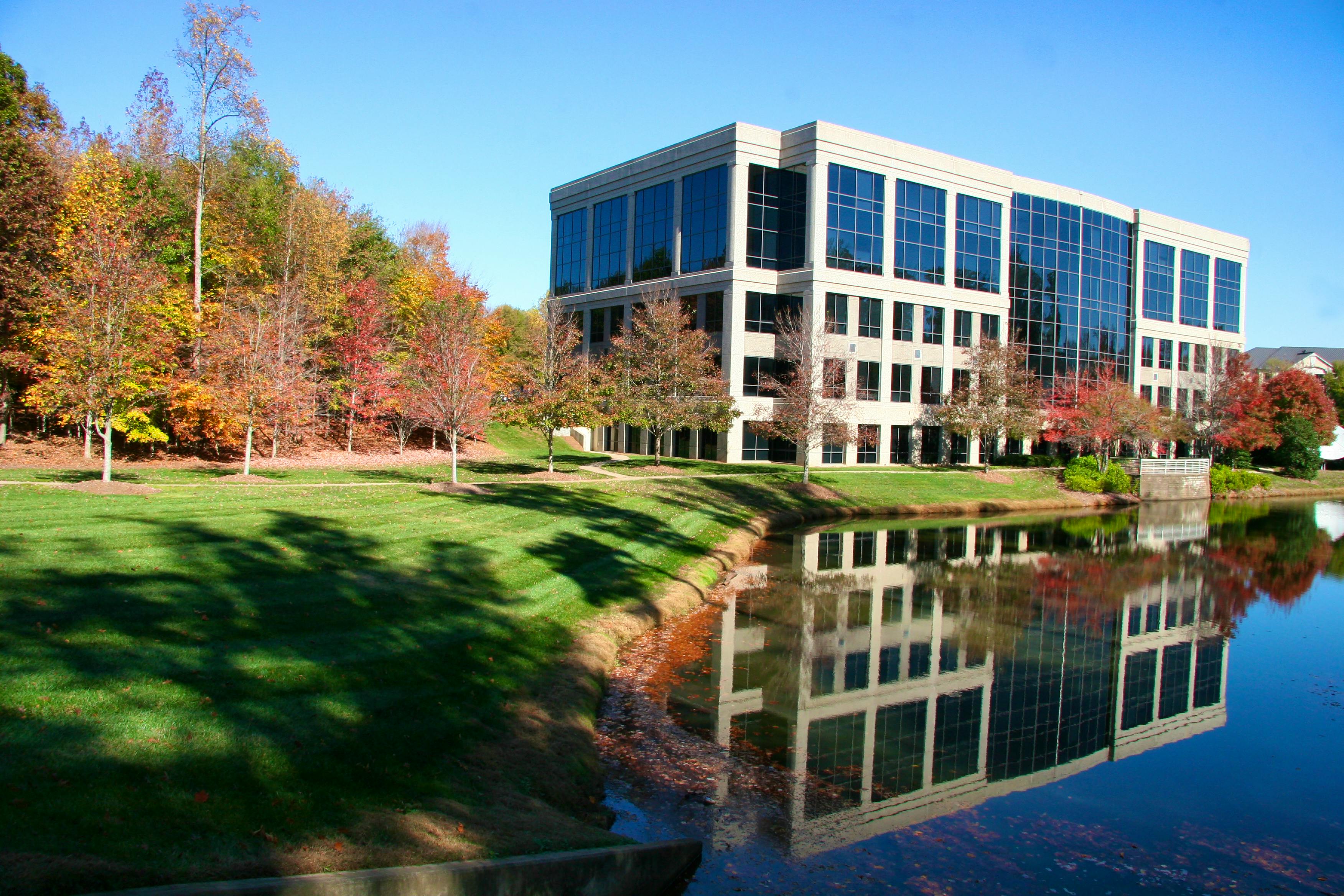
When purchasing a real estate investment, it’s difficult to overstate the importance of doing your due diligence. The degree of due diligence depends on the complexity of the property under consideration. For example, purchasing raw land may require less rigorous due diligence than purchasing a commercial building. Due diligence begins well before you purchase the property. In the real estate purchase and sale agreement, allow yourself sufficient time to do a thorough analysis of the property. Life’s too short to get stuck with a problem property for 20 years. Don’t be lured by the promise of big potential profits on…








